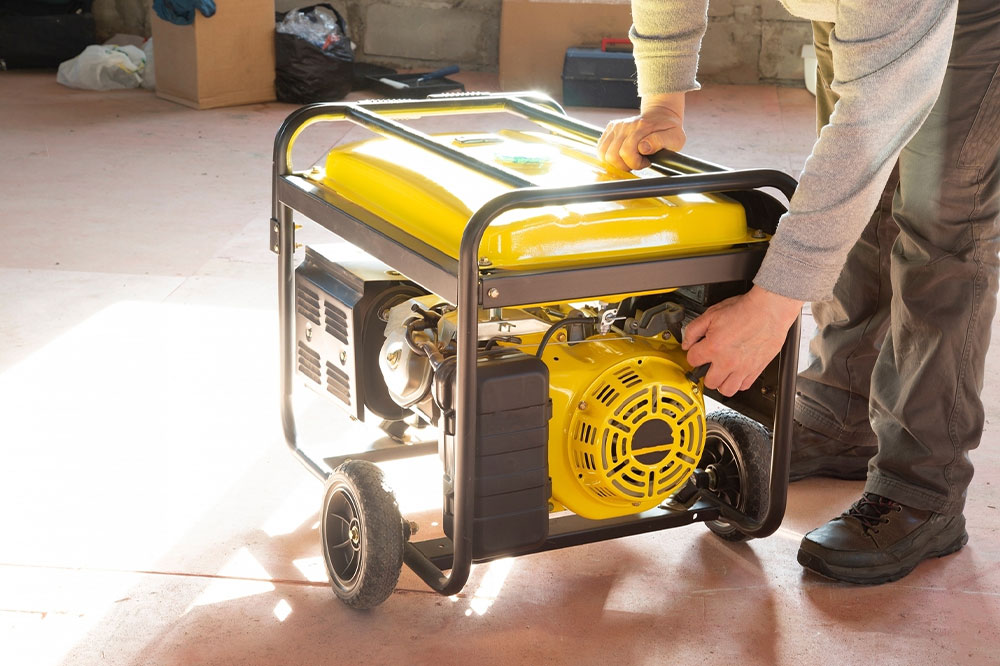
Emergency generators – Types, benefits, and tips to choose
Many homes and offices in our country have generators that serve as an alternative power source, ensuring appliances and gadgets continue to work during a power outage. If you can’t decide whether to get a generator, this post will help you make up your mind. It discusses the common types of emergency generators available in the market, their benefits, and how to choose the right one for your home or office.
Types of emergency generators
The market has various types of emergency generators, each with advantages and disadvantages. Here’s a rundown of the most common options to help you choose the best one:
- Portable generators
These generators can be easily moved to different locations. They’re affordable, come in different sizes, and run on gasoline or propane. However, portable models are noisy and have a limited runtime. - Inverter generators
Inverter generators are similar to portable generators but quieter and more fuel-efficient (and thus more expensive). They’re designed to power sensitive electronics, such as laptops and smartphones, and offer better value for money in the long run. - Solar generators
These generators convert the sun’s energy into electricity. They’re silent, eco-friendly, and require no fuel to operate. However, they’re expensive, have limited output, and need sunlight. - Diesel generators
Diesel generators are more potent than gasoline ones and have a longer runtime. They’re ideal for powering heavy-duty equipment or larger homes. However, they’re expensive, require more maintenance, and are louder than their gasoline counterparts. - Gasoline generator
Gasoline-powered generators are affordable, readily available, and easy to operate but have a shorter runtime than diesel generators.
Benefits of emergency generators
Emergency generators come with valuable benefits. They ensure your home or business stays powered during emergencies like storms and heavy rain. This ensures people can continue their tasks and use essential appliances and gadgets. Businesses, in particular, suffer less downtime, leading to cost savings and improved productivity. With a proper setup and maintenance plan, these machines can meet peak power demand during times of need.
Choosing the right emergency generator
You must consider several factors when selecting a generator, such as:
- Power output
Determine how much electricity your home or office will require during an outage to operate essential appliances and equipment. - Fuel type
Choose a fuel type that is readily available and affordable in your location. Standard options include gasoline, diesel, natural gas, and propane. Each fuel type has pros and cons linked to availability, cost, and environmental impact. - Run time
Consider a model with a longer runtime. Generators with larger fuel tanks or greater fuel efficiency will provide a more extended power supply during an outage. - Portability
Determine whether you need a portable or stationary machine. Portable ones are more versatile and can be moved to different locations. - Maintenance requirements
Some generators require regular oil changes and other maintenance tasks. Choose one with low maintenance requirements to minimize the cost and effort of upkeep. - Price
Finally, consider the cost. While choosing a generator that fits your budget is essential, remember to prioritize quality and reliability.




